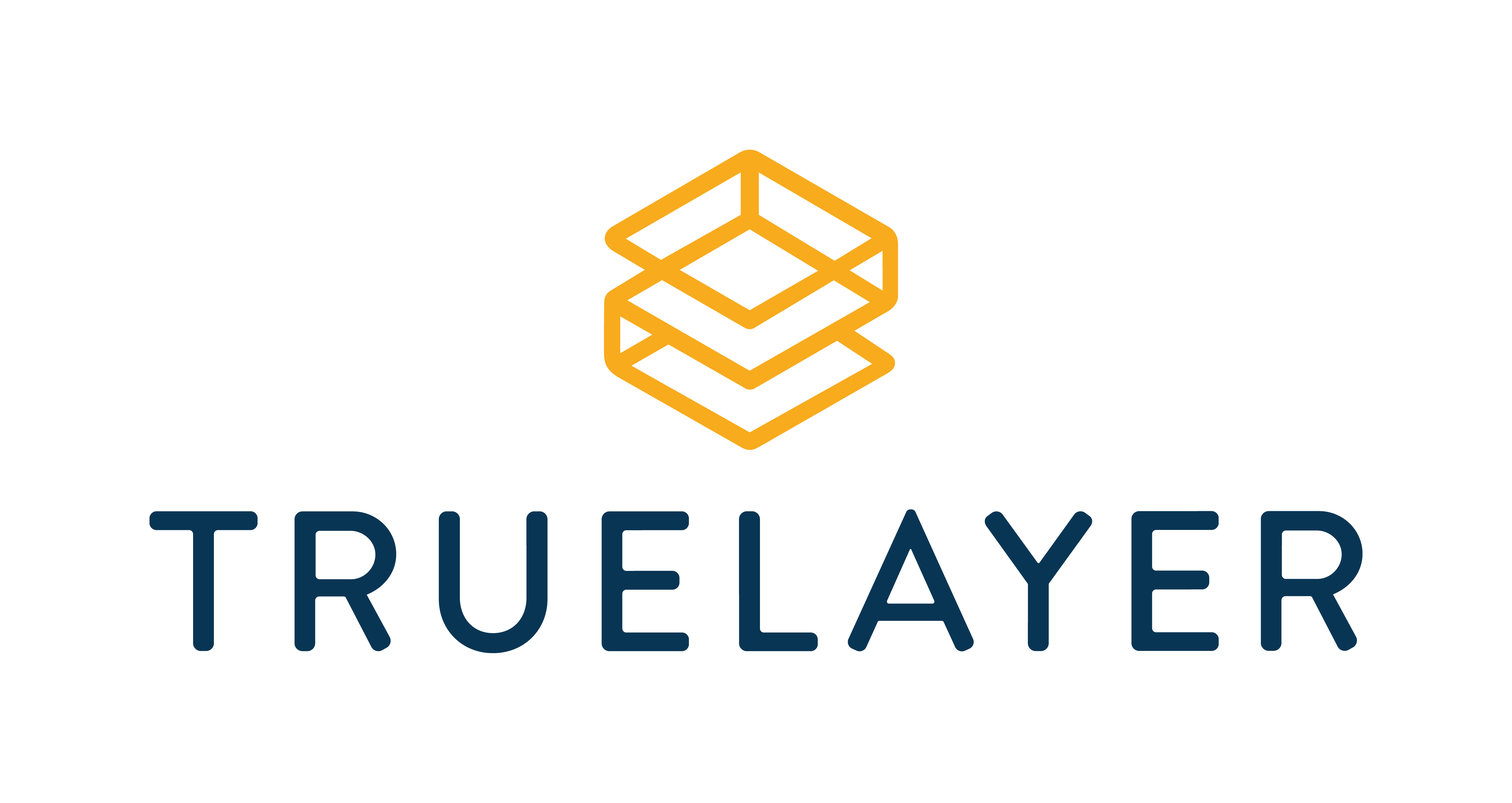
We are happy to announce that we are now offering a Rust training for beginners in London, hosted by our partner TrueLayer! TrueLayer builds universal APIs that allow companies to access the financial data of their end user to initiate direct bank payments, securely, reliably and efficiently.
Note: This training is only open to companies or freelancers with a registered British VAT number. We will be offering courses with open attendance for individuals later this year. You can sign up for our newsletter to be informed when we announce these dates!
Three-day Introductory Training in Rust
2020-03-02 to 2020-03-04
This course is for software developers with no previous experience in Rust who want to extend their knowledge in this area. Participants will need to provide their own laptop for the training. Necessary software will be installed during the course.
In this introductory workshop, you will learn the basic skills to read and write Rust code. Through our hands-on examples, you will learn about Rust’s basic syntax and type system, the Rust-specific concepts of ownership and borrowing, Error-Handling and multi-threading. In addition to the basics, you will learn about more advanced topics such as generics, lifetimes, and FFI (foreign function interfaces) to interface with other languages like C and C++. See below for a more detailed syllabus.
The class starts at 9:30 and ends at 16:00 each day, with a one hour lunch break. Lunch as well as hot and cold drinks will be provided by TrueLayer.
Get your ticket!
Tickets for this training are no longer available.
Interested, but this date doesn't work for you? Sign up for our newsletter or contact us to suggest a date!
Course Syllabus
Introduction, Installation and Syntax:
Learners are able to:
- install the Rust toolchain
- declare variables as mutable
- name basic types and data structures
- declare functions
Usage of Rust:
Learners are able to:
- use the concepts ownership and borrowing
- handle errors with the Result type
- write their own modules
- integrate crates
- write safe concurrent programs
- use documentation for research and problem solving
Introduction to advanced Rust topics:
- Closures
- Lifetimes
- Drop, Panic, Abort
- functionality of Cargo
- Dynamic Dispatch
- Advanced Generics
- Bounds
- unsafe Rust
- Dereferencing
- Foreign Function Interface
- Cross Compilation



